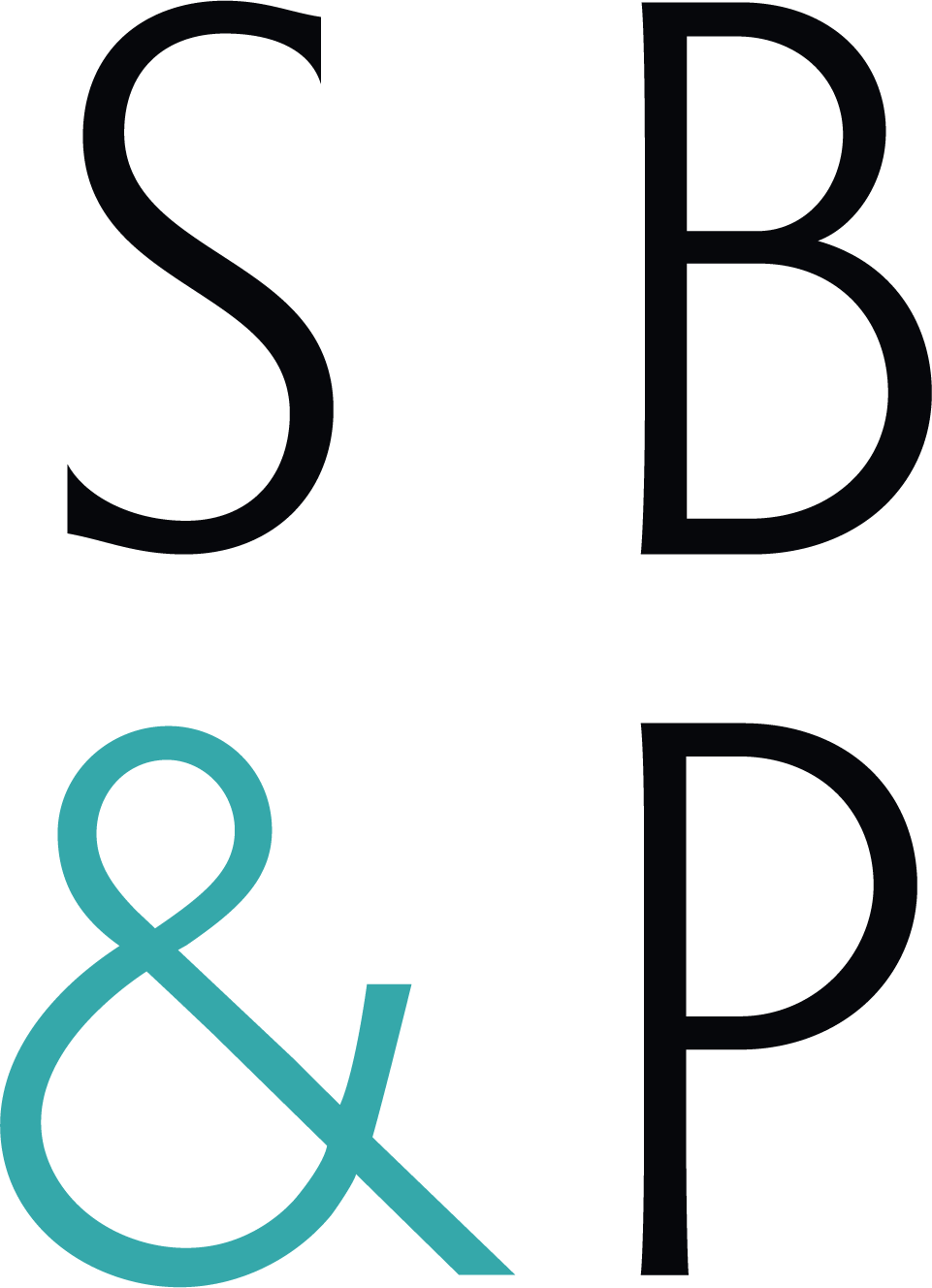As the outbreak of coronavirus continues, there is much uncertainty and speculation on how it will impact the economy. To help provide stability during this time, we have set up this FAQ page, which will be continually updated to support and guide you.
The good news is that there is support for individuals and the self-employed and the government is investing huge amounts to limit the impact.
Make sure you keep up-to-date with the government guidance here.
FAQs
- What support is available for the self-employed?
- What support is available to individuals and employees?
- Further support
- Landlords and tenants - what are my rights?
- What are the tax implications for non-UK residents forced to overstay?
What support is available for the self-employed?
Self-employed income support scheme- First grant
The scheme provides self-employed people affected by coronavirus a taxable grant worth 80% of their average monthly profits over the last three years, up to £2,500 a month. Sunak stated that he has tried to be fair with the grants and target it at those most in need.
- Eligibility:
- Open to people across the UK for three months (will be extended if necessary).
- The support will be targeted and only open to those with trading profits up to £50,000.
- Only open to those that make the majority of their income from self-employment.
- To minimise fraud, grants will only be available to those already in self-employment and traded in the tax year 2018 to 2019 and have submitted their tax return on or before 23 April 2020 for that year.
- To access the scheme:
- HMRC is using information provided in an individual's tax return to determine eligibility.
- Those eligible will have the money paid into their bank account by 25 May, or within six working days of completing a claim.
- The scheme is now open, see if you are eligible for the scheme here.
Self-employed income support scheme - Second and final grant
Subject to eligibility criteria as above, the self employed can apply for a second grant from the government. The taxable grant will cover 70% of their average monthly profits (calculated using their earnings from the last three years) for three months, capped at £6,570.
Applications will open in August 2020 and we are expecting to see an update on 12 June. You can apply for this second grant even if you did not apply for the first. For further information, click here to read the government's latest press release.
Deferring Income Tax payments
Income Tax Self-Assessment payments due on 31.7.2020, have been deferred to January 2021.
- Eligibility - all taxpayers, not just those self-employed.
- To access the scheme - This is an automatic scheme; no application is required.
Business interruption loan
This is available right now for the self-employed. See business support section for more details.
Employment and Support Allowance (ESA)
Changes have been made to support those who are self-employed and cannot work due to the coronavirus. These people can now claim ESA from day one of their sickness period. More details can be found here.
Universal Credit (UC)
The government has changed the welfare system so self-employed people can access universal credit in full (a self-employed person with a non-working partner and two children, living in the social rental sector can receive welfare support up to £1,800 per month).
IR35
The government has announced that the IR35 tax reform will be delayed until 6 April 2021. The changes have not been cancelled, but at least this gives some respite and will prevent further disruption to the contractor market. More on this can be read here.
Employees and Individuals
- Sick Pay. Employees too ill to work because of COVID-19 can claim Statutory Sick Pay from day one of their sickness, rather than day four. Employees do not need to provide a 'fit note' but can get an 'isolation note' from NHS111. Speak to your employer should you have any concerns.
- Furloughed Employees. If your employer cannot keep you on because of COVID-19, to avoid redundancies, your employer will be able to access the Coronavirus Job Retention Scheme. If your employer wishes to do this, they will speak to you and you will be classified as a furloughed worker. To qualify, you will not be able to undertake any work for them but will continue to be paid 80% of your salary, up to £2,500 per month whilst you are on this period of leave.
- Universal Credit (UC). Whether you are in or out of work, if you are on a low income and affected by COVID-19, you will be able to access the full range of the welfare system, including UC.
Further support:
- Hardship fund - The fund which amounts to £500 million will be given to local authorities to support vulnerable people. We are waiting to see how this will be used and claimed. However, it is expected that it will come in the form of Council Tax Relief.
- Mortgage holiday - Mortgage borrowers (residential and buy-to-let) can apply for a three-month mortgage holiday from their lenders. It is important to note, however, that this is just a holiday and not a grant, the amount will still need to be paid in the future and interest will be added.
- Tenants can also apply for a three-month holiday from their landlords.
- New emergency measures with the energy industry to protect the domestic energy supply of those most in need. From 19 March 2020, customers with pre-payment meters who may not be able to add credit can speak to their supplier about options to keep them supplied. Read more here.
If you have any concerns or would like advice, please contact your relationship partner or me at wendy.mcnulty@sb-p.co.uk.
View the support available to businesses here.
Back to top








